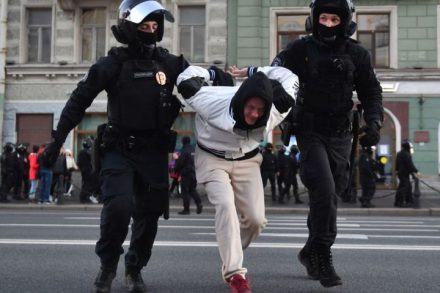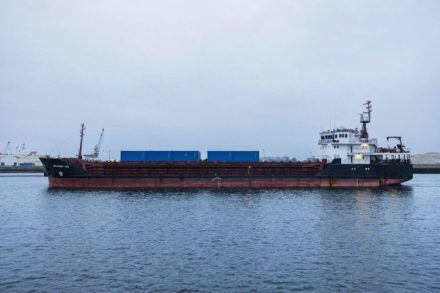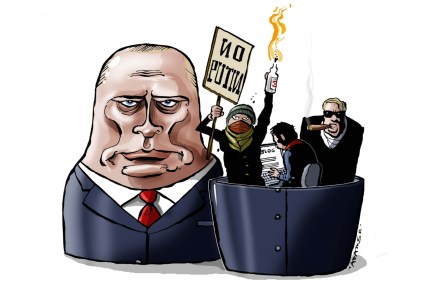How ordinary Russians continue to resist Putin
Russia is gearing up for its annual festival of state-sponsored militarist kitsch that are the 9 May Victory Day celebrations, albeit in rather more limited form thanks to security concerns surrounding the ongoing war. Amongst all this, it is all too easy to forget that not everyone is consumed with nationalist pageantry. Instead, what is in many ways so much more striking is that there is still an active, if beleaguered, civil society in this country. To be sure, open protests against the war have become increasingly small in scale. This is an authoritarian regime sliding into full-blown totalitarianism, which has been cracking down viciously on any such ‘fifth columnists’.






















